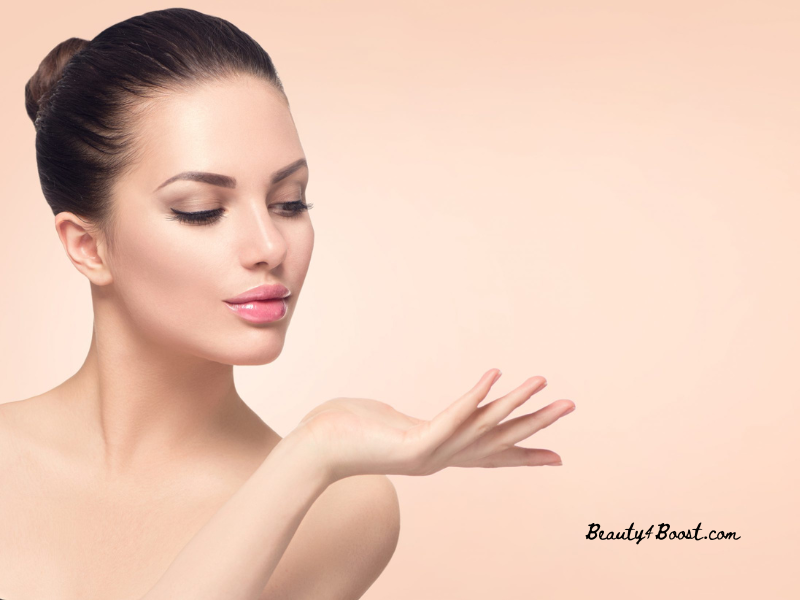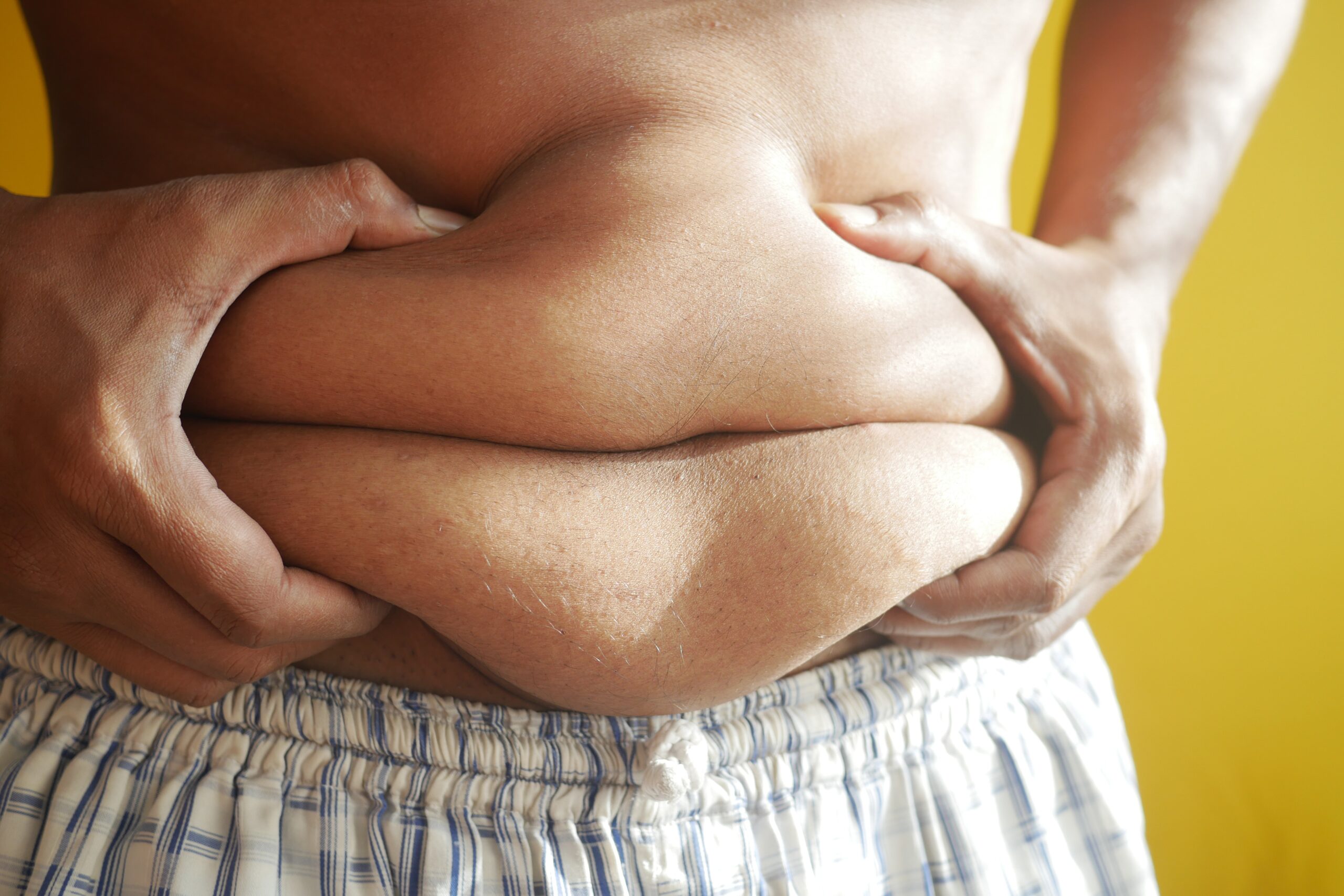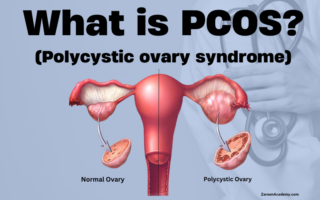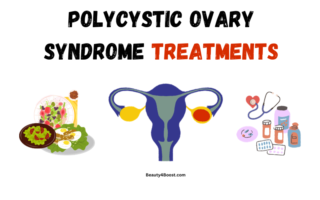Introduction How to Get Rid of Pimples
Pimples, also known as acne, are a common skin condition that affects people of all ages. They can be not only physically uncomfortable but also emotionally distressing. Whether you’re dealing with occasional breakouts or chronic acne, there are various medical and natural remedies that can help you achieve clearer, healthier skin. In this article, we will explore a comprehensive guide with tips to get rid of pimples both medically and naturally.
Understanding Pimples and Their Causes
What are Pimples?
Pimples are small inflammations on the skin caused by clogged hair follicles. They can appear as blackheads, whiteheads, papules, pustules, cysts, or nodules. Pimples are most commonly seen on the face, chest, back, and shoulders.
Common Causes of Pimples
a. Excessive Sebum Production: Overproduction of sebum, the natural oil that moisturizes the skin, can lead to clogged pores and acne formation.
b. Hormonal Imbalance: Fluctuations in hormone levels, especially during puberty, menstruation, or pregnancy, can trigger pimples.
c. Bacterial Infection: Bacteria known as Propionibacterium acnes can infect clogged pores and cause inflammation.
d. Diet and Lifestyle: A diet high in processed foods, sugary items, and dairy products may contribute to acne. Stress, inadequate sleep, and lack of exercise can also worsen the condition.
Medical Treatments for Pimples
Topical Medications
a. Benzoyl Peroxide: It reduces acne-causing bacteria and unclogs pores. Start with a lower concentration to avoid skin irritation.
b. Retinoids: Derived from vitamin A, retinoids promote skin cell turnover, preventing clogged pores and reducing inflammation.
c. Antibiotics: Topical antibiotics help control bacterial growth and inflammation in moderate to severe cases of acne.
Oral Medications
a. Antibiotics: Oral antibiotics are prescribed for severe acne to target bacteria and reduce inflammation.
b. Oral Contraceptives: For females, certain birth control pills can regulate hormones and improve acne in some cases.
c. Isotretinoin: A potent oral medication used for severe acne that significantly reduces sebum production and inflammation.
Chemical Peels
Chemical peels involve applying a solution to the skin, which exfoliates the top layer, unclogs pores, and reduces acne.
Laser and Light Therapies
Laser and light therapies target bacteria and sebaceous glands, reducing acne inflammation and promoting skin healing.
Natural Remedies for Pimples
Tea Tree Oil
Tea tree oil has natural antibacterial properties that can effectively combat acne-causing bacteria. Dilute a few drops of tea tree oil with a carrier oil and apply it to the affected areas.
Aloe Vera
Aloe vera has soothing and anti-inflammatory properties that can reduce redness and inflammation associated with pimples. Apply fresh aloe vera gel directly to the affected areas or use products containing aloe vera.
Honey and Cinnamon Mask
Mix honey and cinnamon to create a mask with antimicrobial properties. Apply it to your face and leave it on for 10-15 minutes before rinsing off.
Apple Cider Vinegar
Dilute apple cider vinegar with water and use it as a toner to balance skin pH, reduce inflammation, and prevent bacterial growth.
Green Tea
Green tea contains antioxidants that can help reduce inflammation and sebum production. Apply cooled green tea to your skin or use skincare products that contain green tea extract.
Proper Skincare Routine
a. Cleansing: Cleanse your face twice a day with a gentle cleanser to remove dirt, excess oil, and impurities.
b. Exfoliation: Use a mild exfoliator once or twice a week to remove dead skin cells and unclog pores.
c. Moisturization: Apply a non-comedogenic moisturizer to keep your skin hydrated without clogging pores.
d. Sun Protection: Protect your skin from harmful UV rays by using a broad-spectrum sunscreen with SPF 30 or higher.
Healthy Lifestyle Practices for Clear Skin
Balanced Diet
Consume a diet rich in fruits, vegetables, whole grains, and lean proteins. Limit your intake of processed foods, sugary items, and dairy products that can aggravate acne.
Hydration
Drink an adequate amount of water daily to keep your skin hydrated and flush out toxins from your body.
Stress Management
Practice stress-reducing techniques like meditation, deep breathing exercises, and regular physical activity to minimize the impact of stress on your skin.
Good Sleep
Get enough sleep to allow your body to repair and rejuvenate, promoting healthy skin.
Pimples can be a pesky and frustrating skin concern that affects many people. While it’s not always possible to completely eliminate the risk of getting pimples, there are several proactive steps you can take to minimize their occurrence. In this article, we will provide a comprehensive guide with tips on how to avoid pimples and maintain clear, healthy skin.
Maintain a Consistent Skincare Routine
a. Cleanse Twice Daily: Use a gentle cleanser to wash your face in the morning and before bed. This helps remove dirt, excess oil, and impurities that can clog pores and lead to breakouts.
b. Exfoliate Regularly: Exfoliation helps remove dead skin cells and unclog pores. Use a gentle exfoliator 1-2 times a week to prevent the buildup of dirt and oil.
c. Moisturize Appropriately: Even if you have oily skin, it’s important to moisturize. Look for oil-free, non-comedogenic moisturizers that won’t clog pores.
d. Avoid Touching Your Face: Keep your hands away from your face as much as possible. Touching your face can transfer bacteria and oil, leading to breakouts.
Keep Your Hair Clean and Away from Your Face
a. Avoid Excess Oil and Product Buildup: Wash your hair regularly to prevent excess oil and product buildup that can transfer to your face and contribute to pimples.
b. Tie Your Hair Back: If you have long hair, keep it away from your face by tying it back or using a headband. Hair products and oils can clog pores along the hairline and cause breakouts.
Follow a Healthy Diet
a. Limit Processed Foods: Reduce your intake of processed foods and sugary snacks, as they can contribute to inflammation and skin issues.
b. Eat a Balanced Diet: Include plenty of fruits, vegetables, whole grains, lean proteins, and healthy fats in your diet. These foods provide essential nutrients that promote overall skin health.
c. Stay Hydrated: Drink an adequate amount of water daily to keep your skin hydrated and help flush out toxins from your body.
Manage Stress Levels
a. Practice Stress Reduction Techniques: Engage in activities that help manage stress, such as meditation, yoga, deep breathing exercises, or hobbies that bring you joy.
b. Get Adequate Sleep: Lack of sleep can lead to hormonal imbalances and increased inflammation, which can contribute to acne. Aim for 7-9 hours of quality sleep each night.
Avoid Squeezing or Popping Pimples
a. Resist the Temptation: Squeezing or popping pimples can worsen inflammation, cause scarring, and spread bacteria, leading to more breakouts. Instead, allow pimples to heal naturally or seek professional help if needed.
Choose Non-Comedogenic Products
a. Read Labels: Opt for skincare, makeup, and hair care products labeled as non-comedogenic, meaning they won’t clog pores.
b. Avoid Heavy Makeup: If you wear makeup, choose lightweight, oil-free, and non-comedogenic products. Remove makeup before bed to allow your skin to breathe.
Protect Your Skin from the Sun
a. Wear Sunscreen: Use a broad-spectrum sunscreen with an SPF of 30 or higher to protect your skin from harmful UV rays. Sunburns and sun damage can worsen acne.
b. Avoid Tanning Beds: Tanning beds can also worsen acne and increase the risk of skin damage. Opt for safer alternatives like self-tanning products if you desire a sun-kissed glow.
Conclusion
Achieving clear, pimple-free skin requires a combination of medical treatments, natural remedies, and healthy lifestyle practices. While medical treatments can effectively target severe acne, natural remedies and lifestyle changes can complement the healing process and prevent future breakouts. It’s essential to consult with a dermatologist to determine the most suitable approach for your specific skin condition. With consistency and patience, you can take control of your skin health and achieve a clear complexion.




